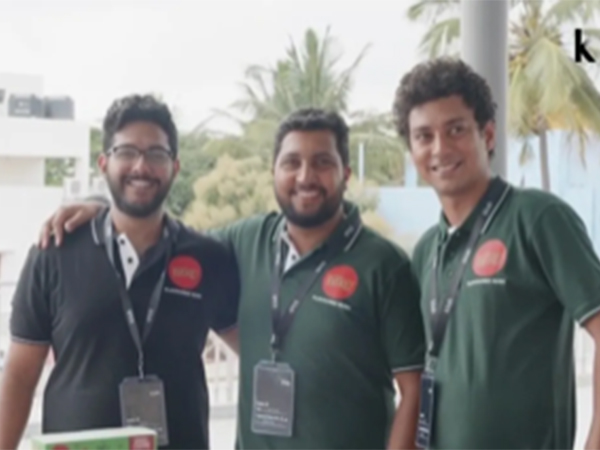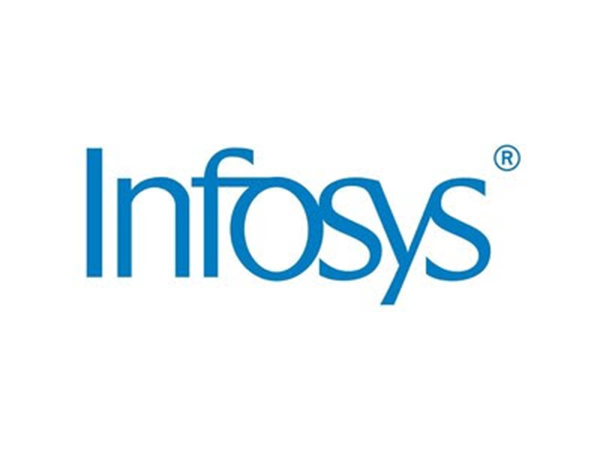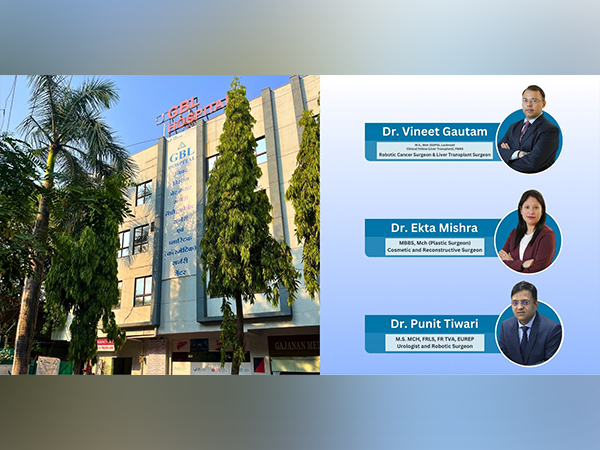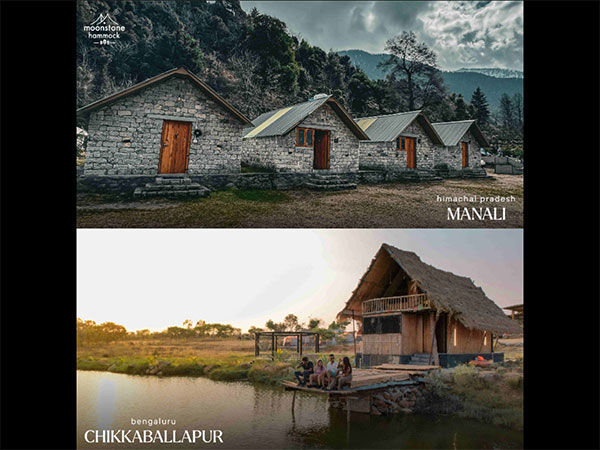Yoon, Biden agree to expand joint military exercises to cope with N.K. threats
May 22, 2022
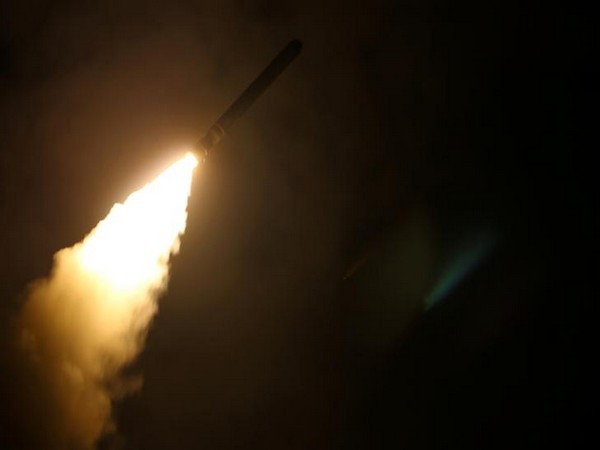
Seoul [North Korea], May 22: President Yoon Suk-yeol and U.S. President Joe Biden agreed Saturday to begin discussions on expanding joint military exercises between the two countries amid growing nuclear and missile threats from North Korea.
The two reached the agreement during their first summit in Seoul, which took place as both countries believed a nuclear test or intercontinental ballistic missile launch from the North was imminent and could even happen while Biden was touring the region.
"Both leaders agree to initiate discussions to expand the scope and scale of combined military exercises and training on and around the Korean Peninsula," a joint statement on the summit said.
Military exercises between the allies had been scaled back amid the COVID-19 pandemic and as part of efforts to engage the North under the previous administrations of President Moon Jae-in and U.S. President Donald Trump.
North Korea has condemned the drills as rehearsals for an invasion despite repeated assurances from South Korea and the U.S. that they are defensive in nature. The U.S. stations some 28,500 troops in South Korea after the 1950-53 Korean War ended in an armistice, not a peace treaty.
Yoon told a joint press conference after the summit that he and Biden discussed the need to hold "various forms" of exercises under the scenario of a nuclear attack from the North.
The statement said Biden also reaffirmed the U.S. "extended deterrence" commitment to South Korea using the "full range of U.S. defense capabilities, including nuclear, conventional and missile defense capabilities."
Extended deterrence is the notion that the U.S. would deploy its full range of military assets to defend its ally, South Korea, in the event of a contingency.
Securing that commitment from Biden was seen as particularly important, as the North continues to advance its weapons programs, testing missiles on 16 separate occasions this year alone, including its first test of an ICBM in over four years in March.
To back that commitment, Yoon and Biden agreed to reactivate the high-level Extended Deterrence Strategy and Consultation Group (EDSCG) "at the earliest date," the statement said.
The EDSCG is a bilateral platform that was suspended in 2018, and reactivating it is expected to help the allies coordinate closely on deployments of U.S. strategic assets to South Korea when necessary.
"President Yoon and I committed to strengthening our close engagement and work together to take on challenges of regional security, including addressing the threat posed by the Democratic People's Republic of Korea, by further strengthening our deterrence posture and working toward a complete denuclearization of the Korean Peninsula," Biden said at the press conference, referring to North Korea by its official name.
The two leaders expressed concern over the recent COVID-19 outbreak in North Korea and offered to work with the international community to provide assistance to help fight the virus, according to the statement.
Biden told the press conference the U.S. had offered vaccines to North Korea but received no response.
Yoon also held out the prospect of economic and COVID-19 assistance.
"The door for dialogue is open. If North Korea embarks on substantial denuclearization, we will prepare an audacious plan to improve North Korea's economy and the quality of life for North Korean people in cooperation with the international community," Yoon said.
"With regard to the ongoing COVID-19 crisis, we are willing to provide active assistance from the perspective of humanitarianism and human rights separately from political and military perspectives," he told the press conference.
On whether he was open to meeting North Korean leader Kim Jong-un, Biden said, "that would depend on whether he was sincere and whether he was serious."
Biden's predecessor, Trump, held three meetings with Kim for ultimately fruitless talks on dismantling the North's nuclear program.
Biden's first trip to the region as president came as the U.S. also seeks to strengthen economic cooperation with regional allies and partners.
The U.S. president's first stop on his three-day visit to South Korea was a Samsung Electronics semiconductor plant in Pyeongtaek, 70 kilometers south of Seoul, on Friday.
He was joined by Yoon there, demonstrating the two countries' commitment to working together to increase chip production and reinforce their supply chains in the face of growing competition from China.
Yoon formally announced South Korea's participation in the Indo-Pacific Economic Framework (IPEF), an initiative proposed by Biden to ensure supply chain resilience, set the rules of the digital economy, and invest in clean energy and infrastructure, among other things.
The initiative, which Biden plans to launch in Japan next week, has upset China amid perceptions that it seeks to exclude the country from global supply chains.
The statement said Yoon and Biden committed to cooperate closely through the IPEF and to work together to make it "comprehensive."
They also agreed to establish a regular ministerial-level Supply Chain and Commercial Dialogue.
Beyond the Korean Peninsula, the summit touched on a wide range of global and regional issues, with the two reiterating the importance of preserving peace and stability in the Taiwan Strait, and expressing solidarity with the international community in condemning Russia's invasion of Ukraine.
Biden also told the press conference it is "critically important" to have a close trilateral relationship with South Korea and Japan, both economically and militarily, and that he will address the issue when he visits Japan on the next leg of his tour.
The U.S. president will leave for Japan on Sunday after visiting a key Air Force operations center at Osan Air Base in Pyeongtaek together with Yoon.
His three-day visit, which came only 10 days after Yoon took office, also included a state dinner hosted by Yoon at the National Museum of Korea and a visit to Seoul National Cemetery, where he paid tribute to fallen soldiers.
Yoon said the summit provided an opportunity for the two leaders to "build friendship and trust."
"We shared the goal of developing the South Korea-U.S. alliance into a global comprehensive strategic alliance and closely discussed ways to implement it," he said.
Source: Yonhap
